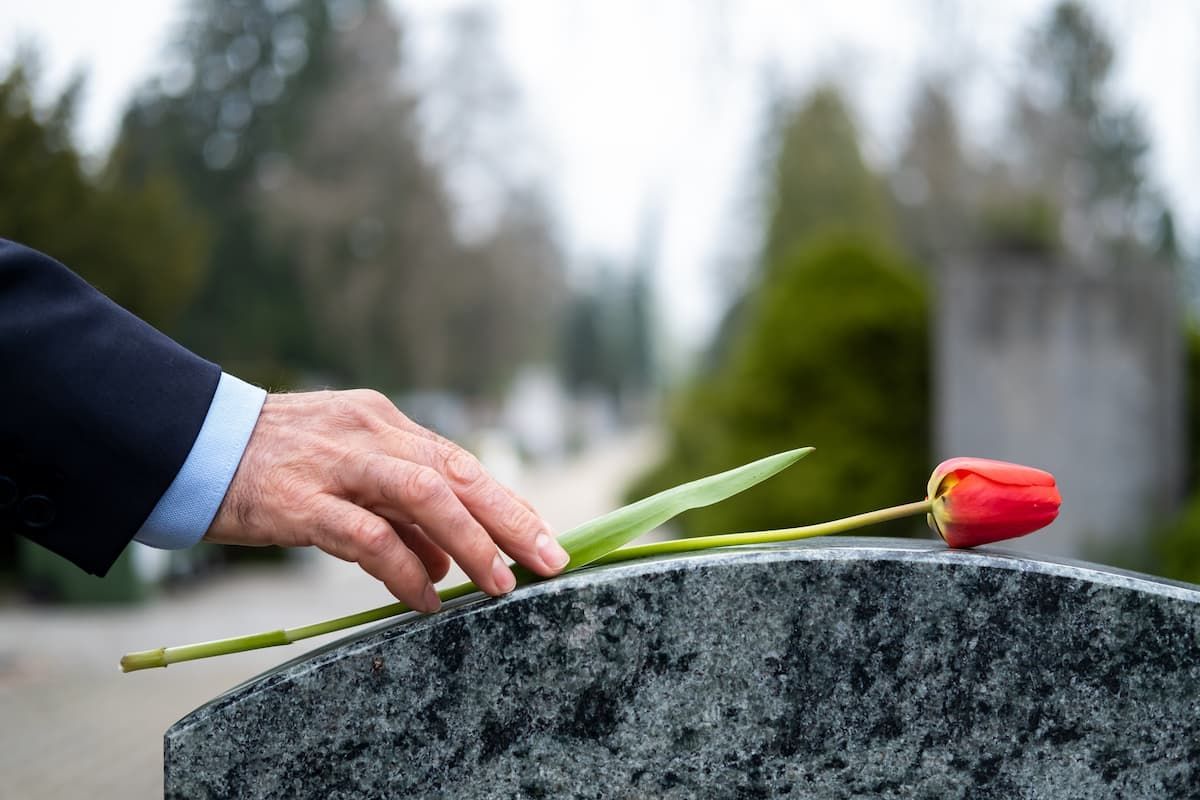First Steps to Take After a Loved One Has Passed Away

Losing a loved one is one of the most challenging experiences a person can face. The grieving process is personal and unique, often accompanied by feelings of shock, confusion, and overwhelming sadness. However, amidst these emotions, certain practical steps must be taken in the immediate aftermath to ensure that legal and personal matters are handled appropriately. Here is a guide to help you navigate the first steps after a loved one passes away.
Take Time to Process the Loss
The first and most crucial step is to allow yourself a moment to process the loss. Experiencing a range of emotions is entirely normal, and you may need to reach out for support from family, friends, or even professionals.
Notify Close Family and Friends
Begin by informing immediate family members and close friends about the passing.
Contact the Appropriate Authorities
If your loved one passed away at home, you will need to contact the appropriate authorities to confirm the death. A medical professional will need to declare the death and provide a formal pronouncement, which is necessary for obtaining a death certificate.
Arrange for Transportation of the Body
After the death is confirmed, you will need to arrange for the body to be transported to a funeral home or crematory. If your loved one had pre-arranged plans for their final arrangements, follow those instructions. If not, you will need to choose a funeral home yourself. The funeral home staff can guide you through the initial steps, including the transportation of your loved one.
Obtain the Death Certificate
A death certificate is a legal document that officially confirms the death of your loved one. You will need multiple copies of the death certificate for various purposes, such as settling the estate, closing accounts, and accessing benefits. The funeral home often assists in obtaining this document, but you can also request it from your local vital records office.
Review Existing Wishes or Pre-Arrangements
If your loved one left behind a will, living trust, or other pre-arrangements, it’s important to locate these documents early in the process. They may contain instructions for funeral or memorial arrangements, as well as information about the handling of the estate. The existence of these plans can provide guidance during a difficult time and help prevent disagreements among family members.
Notify Key Parties and Institutions
Begin notifying key parties about the death. Here are some of the individuals and institutions you may need to inform:
- Employer: Notify your loved one’s employer if they were still working. They may need to process final payments, pensions, or other employment-related matters.
- Insurance Companies: Contact life insurance companies to begin the claim process.
- Social Security Office: Notify the Social Security Administration if your loved one was receiving benefits.
- Banks and Financial Institutions: Inform banks, investment firms, and any other financial institutions about the death to freeze accounts and prevent fraudulent activity.
- Utilities and Subscription Services: Gradually contact utilities, credit card companies, and other subscription services to close accounts or change billing information.
Plan the Funeral or Memorial Service
The funeral or memorial service is a meaningful opportunity to honor your loved one’s life. You may choose a traditional funeral, a private memorial, or another type of gathering that reflects their wishes and personality. Collaborate with other family members to determine how you would like to proceed and reach out to a funeral home to help coordinate the arrangements. If your loved one expressed specific desires for their service, do your best to respect those wishes.
Begin Settling the Estate
The process of settling your loved one’s estate can be complicated, depending on the size and complexity of their assets. If there is a will, it typically designates an executor who is responsible for managing the estate. The executor will need to:
Locate Assets and Debts: Identify all assets, debts, and accounts in your loved one’s name.- File the Will: File the will with the local probate court if required.
- Work with an Attorney: You may want to hire an estate attorney to assist with probate and legal matters, especially if the estate is large or contains unique assets.
- Pay Debts and Taxes: Use estate funds to pay off debts, taxes, and other obligations.
The passing of a loved one is a extremely difficult experience that requires both emotional and practical steps. By notifying family, making appropriate arrangements, securing necessary documents, and seeking support, you can take care of the most immediate responsibilities while giving yourself space to grieve. Remember that you do not need to navigate this journey alone; lean on those who care about you, and seek help when needed. This process is not easy, but step by step, you can honor your loved one’s memory while finding a way forward.








